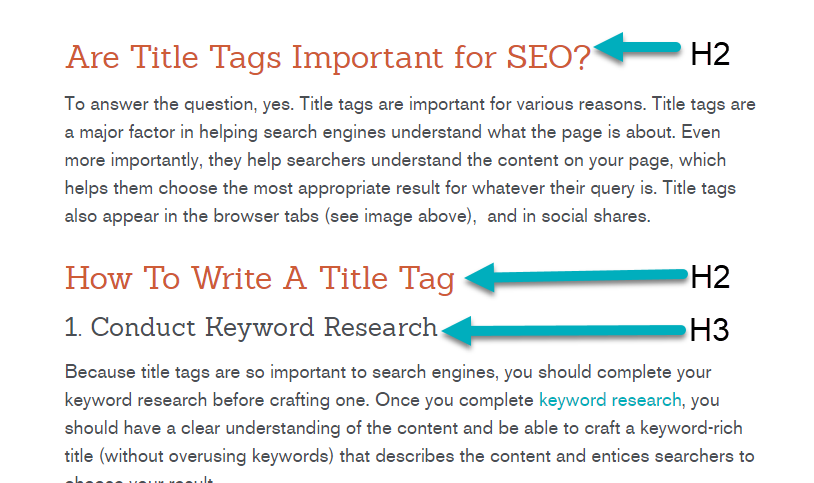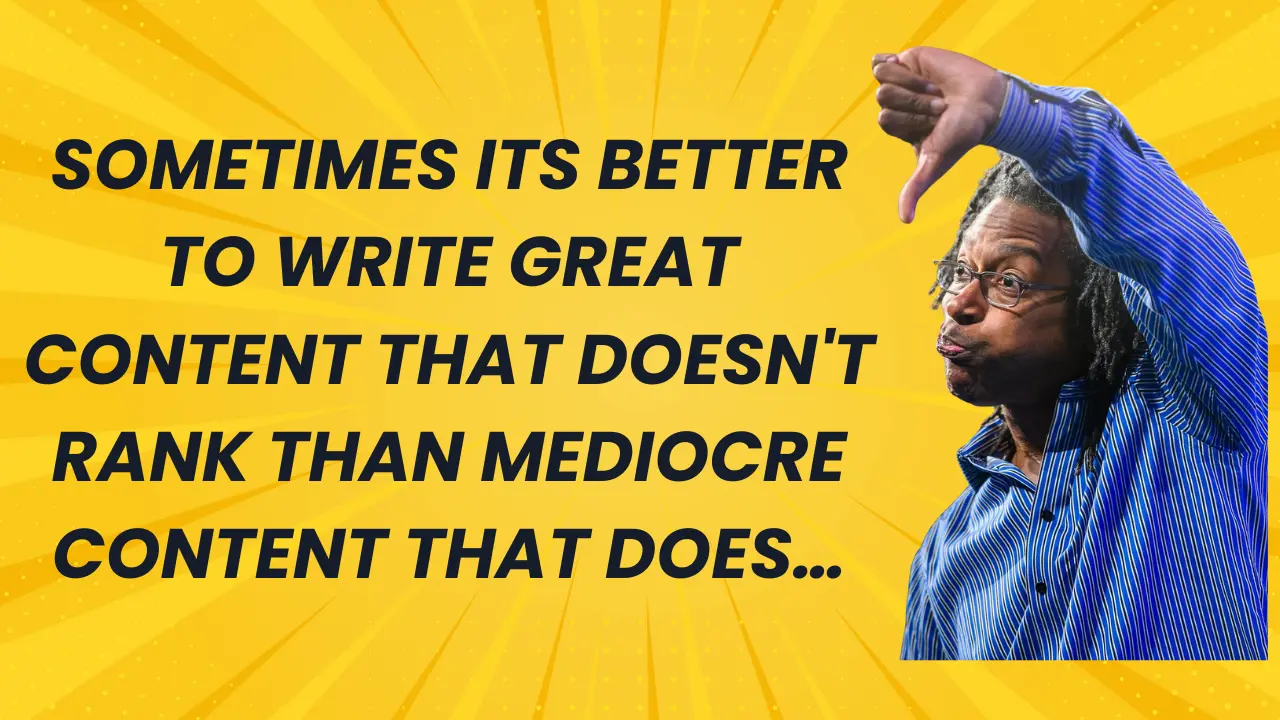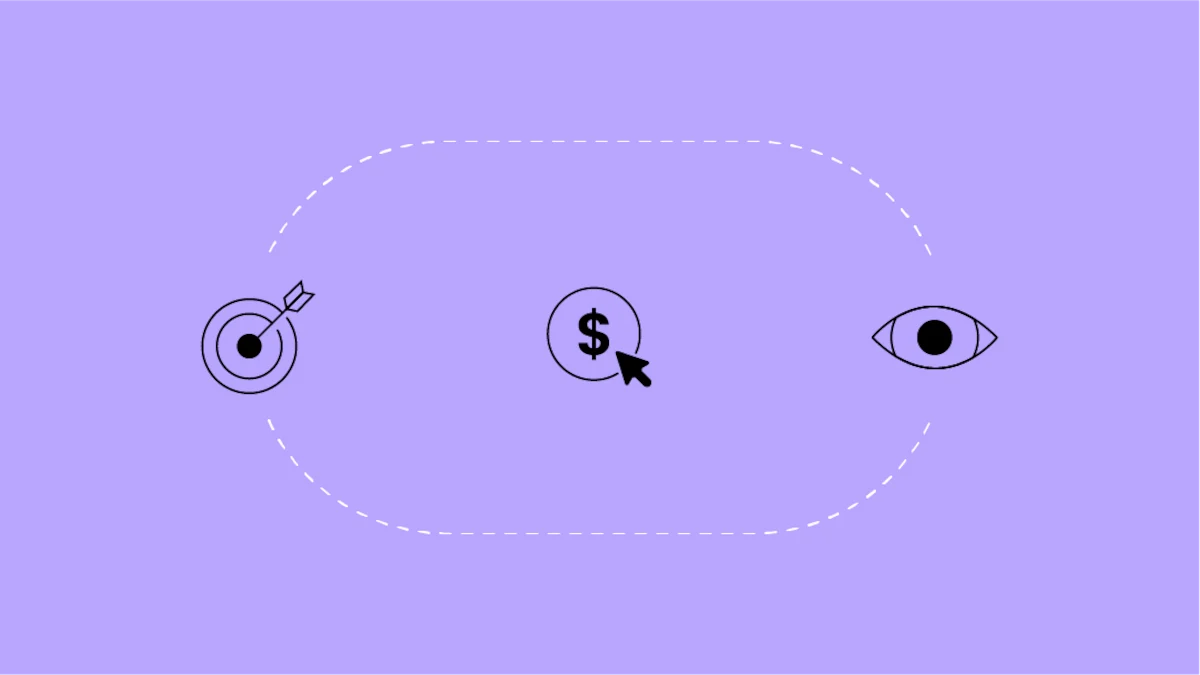What Is On-Page SEO & Why Does It Matter?
On-page SEO is how we categorize actions taken on the webpage to improve it’s organic search performance. On-page SEO is made up of a range of very different and specific actions that one can take on their site to improve visibility in organic search results. On-page SEO includes optimizing title tags, meta descriptions, HTML header tags (H1-H6), schema markup, optimizing images, and other page-level actions as well as the actual content that lives on the page.
On-page SEO is an important piece of how Google and other search engines understand the content living on a website. Utilizing titles, descriptions, header tags, etc. to help search engines understand the context of your content is a crucial part of SEO.
On-Page SEO Tips for Success
The following tips are to help you boost your on-page SEO chops!
1. Keyword Research
While keyword research is different from the other items on this list, but a very crucial part to on-page SEO. Keyword research should influence the content that you create, the HTML elements on the page, and more. Keyword research is the foundation for creating strong content that is well-optimized for search.
2. Create Quality Content
Yes, we’ve all heard this and it is one of the most generic SEO recommendations out there. However, when it comes to on-page optimizations, content from an expert in the space is authoritative and trustworthy (EAT). Create content that will satisfy the searchers’ queries and cite your sources, link to other appropriate webpages, and don’t write for the sake of optimization.
3. Optimize Title Tags
Title tags are an HTML element that explains to people and search engines what the webpage is about. They are also another factor in helping search engines understand what the page is about. Even more importantly, they help searchers understand the content on your page, which helps them choose the most appropriate result for whatever their query is. Make sure your title tag is keyword-rich but also conveys the purpose of the webpage.
4. Header Tags
Header tags are another HTML element that help users and search engines identify the topic of the webpage and provide a clear structure for the reader to follow. Header tags (H1, H2….H6) should also be keyword rich while explaining what the next section of the webpage is about.

5. Meta Descriptions
Meta descriptions are the little snippets that appear in SERPs and serve as a summary for the page so that readers can easily see what the content is about and if it will help them answer their query. Meta descriptions can impact click-through-rates (CTRs) from SERPs, so make sure they are accurate and leave the searcher wanting to read more (so they click on your webpage).

6. Image Optimization
Optimizing the images on your webpage is another piece of this puzzle. Image optimizations can help your content appear in image searches, but they can also help your page load faster and provide a better user experience. Including image alt text is an important piece that is often overlooked. If you are trying to get the most of your content, check out how to write image alt text that is impactful.
7. Include A Call-to-Action (CTA)
CTAs are not necessarily a requirement of an optimized page, but if you are looking to engaging users, build an email list, get more subscribers, share your content, etc. then it is a crucial part to the page.
8. Content Audits
You may find that your content is not performing as well as you’d like. Maybe it isn’t ranking for your target search terms? Maybe it isn’t driving any new leads? Either way, auditing content that you have previously created to include better keywords, or more impactful header tags, and even the structure of your page (lists, bullets, etc) can help you improve your content significantly.


